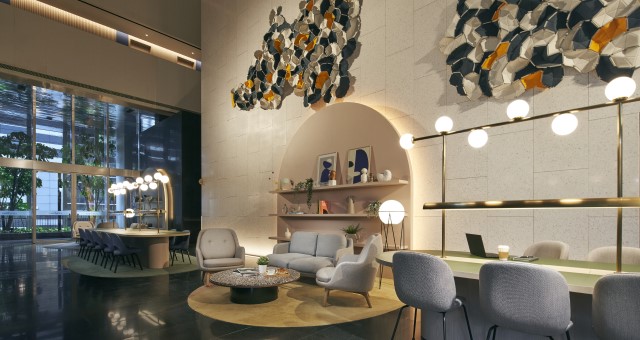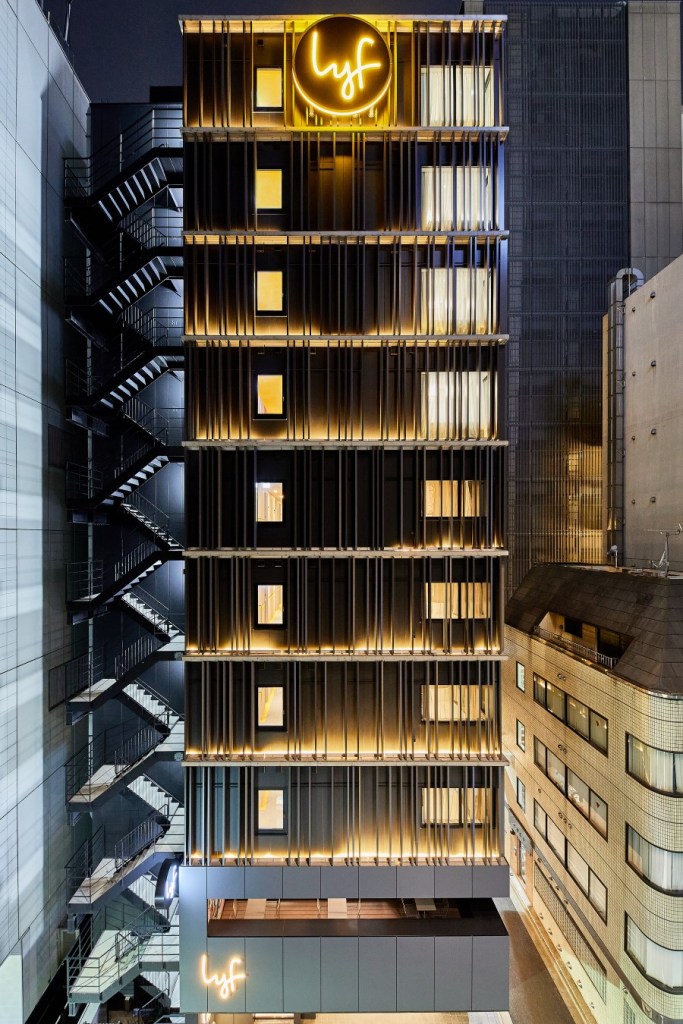The Ascott Limited is undertaking a major asset enhancement project across its portfolio, most notably in Europe, where it is ramping up expansion, having already signed six new projects in the first half of the year, boosting the European portfolio by 14%.
The Cavendish Hotel in London is among the major refurbishment projects soon to get underway with the property set to become the first in the UK to join The Crest Collection when it relaunches in 2026.
Amplifying brands like The Crest Collection, Unlimited Collection, Lyf and Citadines is a key focus for Ascott, with conversions set to play an important role in helping the business expand rapidly, according to Chief Growth Officer, Serena Lim.
“In Europe, there are quite a number of beautiful heritage properties which can be suitable for adaptive reuse, and we will consider those to be managed under our storied collection brands,” Lim said in a media conference earlier this year.
“[Co-living brand] Lyf gives us the license to get creative with how we optimise spaces, without compromising on experiences.”
Leading Ascott’s design strategy is Chief Design and Technical Officer, Teng Wui Leong, a Harvard University and National University of Singapore graduate who has been with the business for close to 14 years.
“In Asia there is a lot more opportunity for greenfield development, which is more straightforward, but Europe is much more developed,” Leong said.
“Japan is another case in point. In a lot of the most historic Japanese cities, even Tokyo, it’s not easy to get large scale developments, but they are prepared to accept smaller unit sizes.
“At Lyf Ginza, rooms are 13sqm, which is quite normal in Tokyo.”
It’s a new direction for the business which traditionally focused on a long-stay serviced apartment accommodation.
“We have seen a lot of changes in the way people travel post Covid, with the rise of the digital nomad, for one,” Leong said.
“We found that the model that we developed for long stay can also be adjusted and designed in such a way to cater to the short-stay guest.
“We want to bring in some of this DNA that we have as a serviced apartment operator and owner into this flex hybrid hotel-in-residence model at Lyf and Citadines, where you can enjoy all the facilities of a hotel, but still have the ability to self-cater.
“With conversion projects, we have to be quite creative in how we can incorporate kitchen utilities such as a washer/dryer when there are space constraints.
“In some cases, they may not be inside the room itself, but further down the corridor perhaps.”
Through careful selection of furniture and fittings, additional items such as a minibar or smart fridge can be later as the needs of travellers change.
Leong says the company is continually testing ideas at an innovation hub within Ascott’s Center of Excellence in Singapore.
“We test new trends, new technology, and new products that we could apply to our properties,” Leong said.
“We also work closely with our properties in Singapore to get real feedback from the end users themselves.”
In a special collaboration with Singapore Management University (SMU), Ascott renovated part of the student centre, providing a unique opportunity to test different materials, experiential touch points and to gauge how people would relate to a brand.
Leong says storytelling will continue to play an important role in the guest experience at The Ascott Limited properties, particularly in those unique independently owned hotels that have joined the Unlimited Collection and The Crest Collection portfolios.
“Guests want to feel connected to the place they are visiting so, from a design point of view, we have been ramping up these experiential touch points in properties,” Leong said.
“For every The Crest Collection property, we start with the story.
“We have a brand consultant to help us develop the story together with the design consultant together with the property team and our brand colleagues to really shape and modify the storyline before we even start any design work.”







